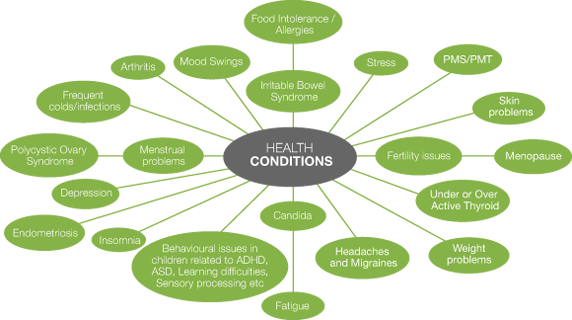 Share on Facebook
Share on Facebook

CBD is a non-addictive, non-psychoactive substance (cannabinoid) from the cannabis plant (cannabis sativa), unlike THC (tetrahydrocannabinol), which is a compound found to produce mind-altering effects. The association of CBD with cannabis causes many people to steer clear of it based on where it comes from, but it is NOT harmful or addictive at all. Many manufactured prescription medicines are highly addictive and/or carry many side effects. CBD is all-natural and has limited to no side effects to the human body.
CBD offers many great health benefits and actually serves as an anticonvulsant, antiemetic, anti-inflammatory, antioxidant, anxiolytic, and antipsychotic agent. CBD oil is simply oil that has CBD in it. There is CBD in THC, but very little. For medical use, CBD is extracted from HEP, a legal and safe compound that is found in the cannabis plant and used for many retail products. Since CBD is a cannabinoid, it attaches to receptors in the body, just like your body’s own cannabinoids. The human body has two receptors for producing its own cannabinoids, CB1 receptors and CB2 receptors. Most CB1 receptors are in the brain, while CB2 receptors are typically found within the immune system. Ironically, CBD does not act on the body’s receptors; it just motivates the body to use more of its own cannabinoids.